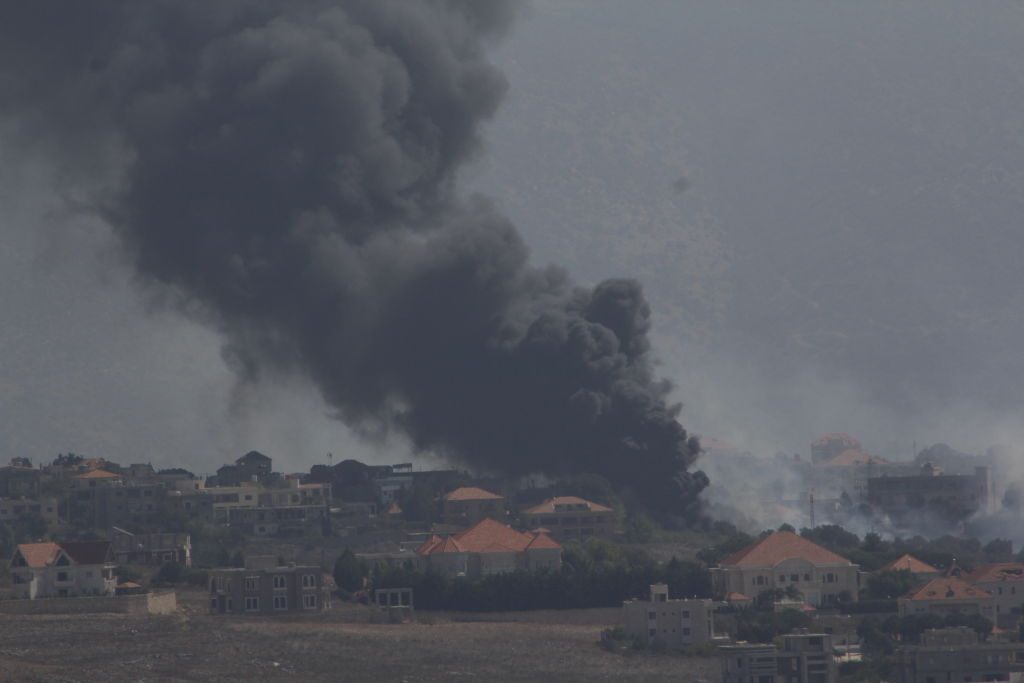Israeli strikes killed 22 people and injured more than 100 in central Beirut on Thursday, Lebanese authorities said, as a senior Hezbollah official evaded an Israeli assassination attempt in the city, according to three security sources.
In Lebanon’s south, two United Nations peacekeepers were injured when an Israeli tank fired at a watchtower at the force’s main headquarters in Naqoura, prompting the U.N. to say its personnel were facing increasing danger.
The conflict between Israel and Hezbollah erupted one year ago when the Iranian-backed group opened fire in support of Palestinian militant group Hamas at the start of the Gaza war.
It has intensified dramatically in recent weeks, with Israel bombing Beirut’s southern suburbs, the south and the Bekaa Valley, and killing many of Hezbollah’s top leaders.
Wafiq Safa, who heads Hezbollah’s liaison and coordination unit responsible for working with Lebanese security agencies, was targeted by Israel on Thursday night but survived, the security sources said.
The Israeli strikes hit a densely packed residential neighbourhood of apartment buildings and small shops in the heart of Beirut.
Israel did not issue evacuation warnings ahead of the strikes and had not previously attacked the area, which is removed from Beirut’s southern suburbs where Hezbollah’s headquarters have been repeatedly bombed by Israel.
Lebanon’s Health Ministry reported 22 people killed and 117 wounded. Among the dead was a family of eight, including three children, who had evacuated from the south, according to a security source.
Israeli strikes have killed at least 2,169 people in Lebanon over the last year, the Lebanese government said in its daily update. The majority have been killed since Sept. 23, when Israel expanded its military campaign. The toll does not distinguish between civilians and combatants.
The attempt to kill Safa, whose role merges security and political affairs, marked a widening of Israel’s targets among Hezbollah officials, which previously focused on the group’s military commanders and top leaders.
There was no immediate comment on the incident by Israel or by Hezbollah.
Lebanese authorities and Hezbollah have both endorsed a ceasefire as a means to end the conflict, but diplomats fear that diplomacy has taken a back seat to military operations.
Lebanon’s acting U.N. Ambassador Hadi Hachem told the council that “only diplomatic solutions and the implementation of international resolutions, the commitment to international law and international humanitarian law is the means to end this war and this aggression.”
(Reuters)














